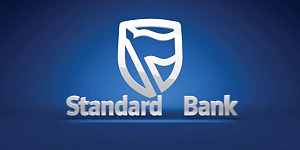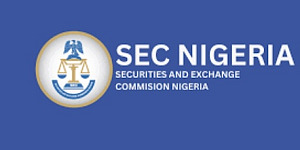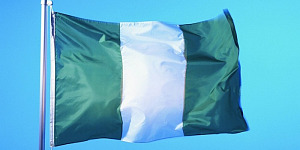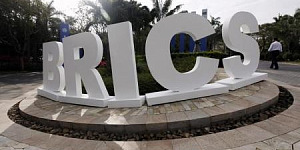Nigeria's federal system gives the country's 36 states some fiscal flexibility and relative independence, creating scope for each one to have a different credit profile, Moody's Investors Service said in a report released yesterday.
The report, "Regional & Local Governments — Nigeria, Institutional framework moderately robust, own source revenue key credit differentiator", is available on www.moodys.com. Moody's subscribers can access the report using the link at the end of this press release. The research is an update to the markets and does not constitute a rating action.
"Nigeria's 36 states enjoy relative decision-making autonomy, receive allocations of centrally gathered revenue and are constitutionally empowered to generate own-source revenue.," said Cynthia Mar, a Moody's Analyst and co-author of the report. "The counterpoint to this freedom is a lack of centralized fiscal supervision and regulation, which weakens the institutional framework."
The states operate within an established institutional framework which provides a moderately robust mechanism for distributing resources and responsibilities between federal and state entities.
States that use their fiscal flexibility to raise own-source revenue - shielding them from oil price volatility - gain the fullest credit advantage from this institutional framework.
A key differentiator for the states is their ability to raise internally generated revenue (IGR), made up of income tax, property taxes and other levies. Like VAT, IGR is relatively stable and has a record of being resilient even when the oil price drops sharply. As such, states which are able to raise significant IGR have more predictable revenue and greater fiscal flexibility. Those with the highest levels of IGR are Lagos, Ogun and Rivers.
Pay-as-you-earn (PAYE) income taxes make up the largest portion of IGR, accounting for about two-thirds of the total. As PAYE is levied on salaried employees, states which have more rural economies are at a disadvantage in raising revenue in this way, whereas the reverse is true for those states with larger urban populations working in the formal economy.
States that successfully raise IGR also benefit from an increased borrowing capacity. As of 2017, Lagos is the most heavily indebted of all the states with the largest external and domestic debt stock (approximately $2.5 billion), but has a debt to revenue ratio similar to peers.








































